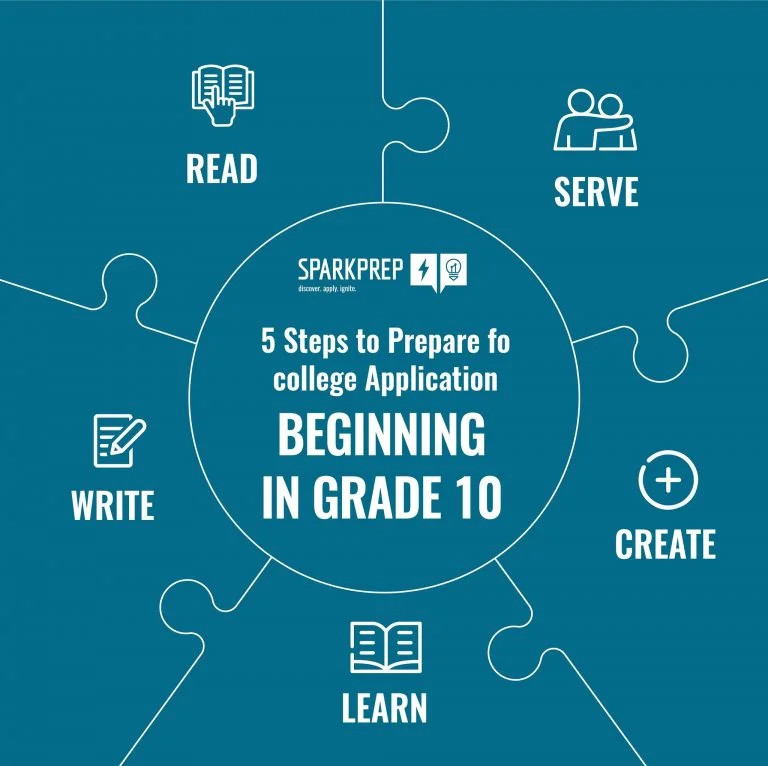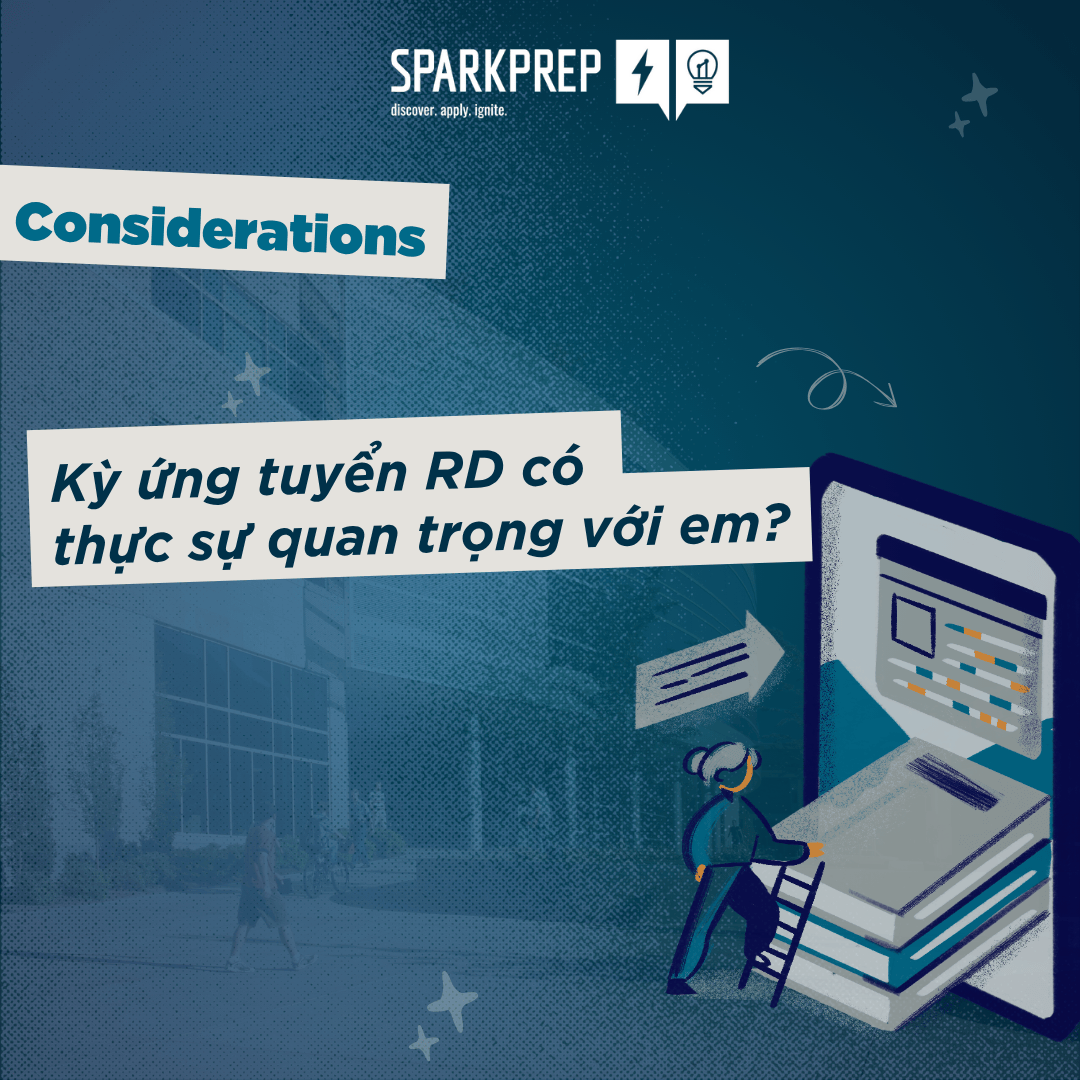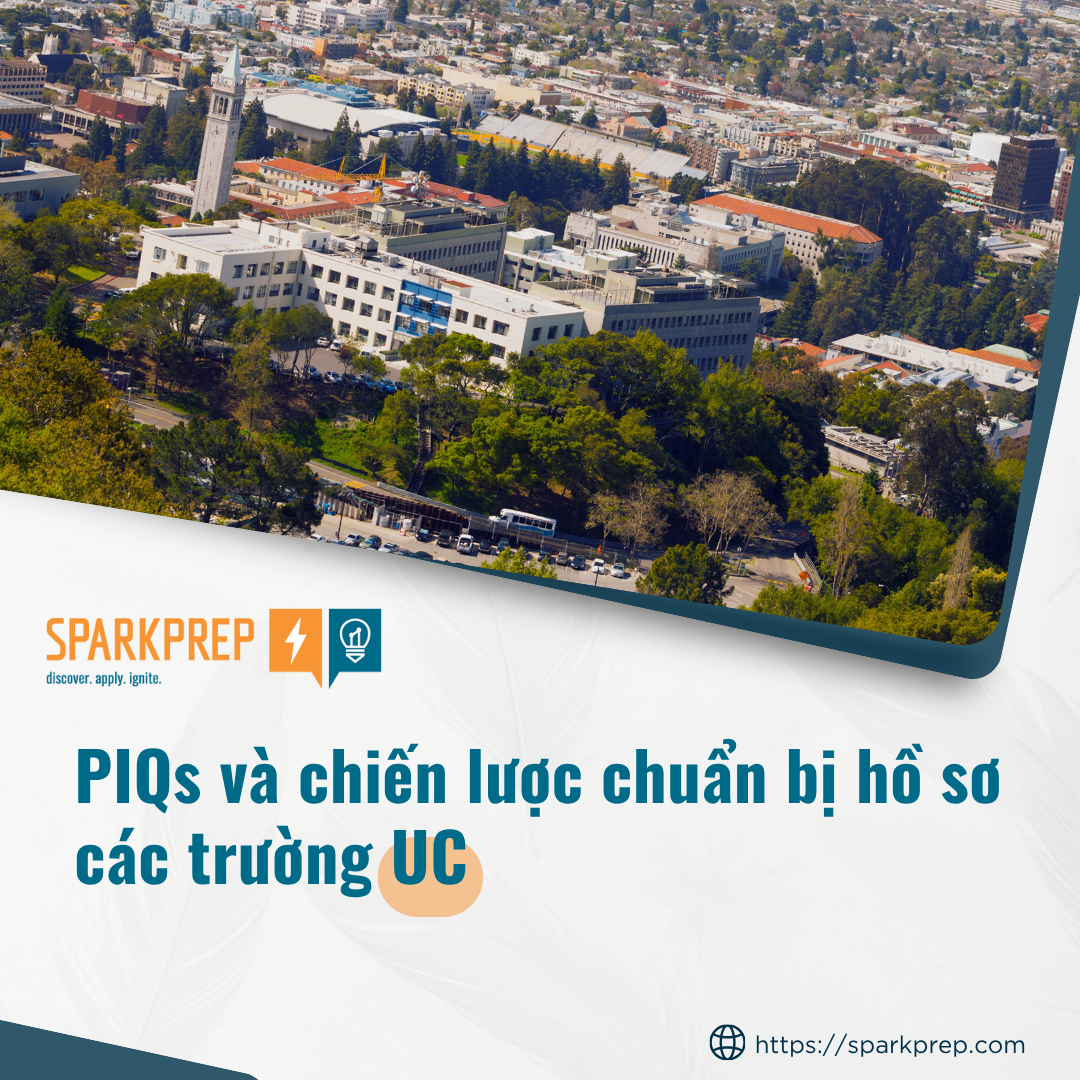The standard understanding of college admissions includes a focus on strong grades, excellent test scores, and demonstrated commitment in the form of activities, but for international applicants, colleges are often looking for something more.
Before test preparation and college essay writing takes focus, grade 10 students should focus on developing the habits that will help them be successful in the application process and in college when they arrive in the US.
Here are some straightforward – but often overlooked – steps to becoming a stronger applicant.

It is a truism that reading and writing proficiency go hand-in-hand with one another. The strongest applicants we’ve seen in recent years have a dedication to reading books – lots of books. The topic doesn’t particularly matter, as long as the student is genuinely interested in what they’re reading.
Of course, if you can read a variety of material – fiction, non-fiction, renaissance literature, poetry, philosophy, and so on – all the better. Reading different styles helps students understand the dynamic mechanisms of language, which in turn makes them stronger thinkers and stronger writers.
As with anything worth doing, reading is a habit, and habits take time to build. Begin developing a habit for reading books of increasing length and you will become better prepared for the rigors of college, which…includes a lot of reading.
Set achievable goals and then challenge yourself to expand them. Apps like Good Reads can help you track your reading progress and make recommendations based on your interests.
Application essay writing is unlike writing that most students will encounter in high school. Fundamentally, it is personally and nuanced. In order to write well, students must already be in the habit of assessing their own experience through reflective writing. But any kind of writing on a regular basis will help strengthen a student’s fundamental skills.
We recommend journal, expository, or narrative writing in addition to your class assignments. These styles differ from writing that many students might see on standardized tests like the TOEFL, IELTS, or the SAT because they focus less on form and more on thought development. While it’s important to know how to develop a strong argument and five-paragraph essay, it is equally as important to be able to clearly communicate your experience of the world. Journaling and expository writing are fundamentally reflective exercises – they integrate thought and experience. When students develop these skills in writing, they also develop their skills in communication, which are vital for success in college.
American education often emphasizes what we call lifelong learning or learning beyond the classroom. Students who seek out their own opportunities for intellectual and personal growth are more likely to take full advantage of the unique resources available in college. This means that students must direct their own learning by pursuing learning opportunities outside of school.
Dynamic learning can take many forms. Perhaps it means attending workshops in team building or leadership. Perhaps it means an independent study in ethno-linguistics or a research project on new carbon sequestration methods. Perhaps it means attending a photography exhibit of contemporary work or film festival curated by Southeast Asian filmmakers. The world is vast, and things worth learning are not limited to classroom material. Demonstrating an ability to direct your own educational process is a mark of maturity that colleges look for when reviewing prospective members of their community.
Creativity means something different to each of us. It does not derive from a single area within the brain, but a unique connection between three cognitive systems: the default network, the salience network, and the executive network. What modern neuroscience now shows is what the great luminaries in the Arts have known for generations – the creative act takes place at the intersection of our entire human experience.
Exercising creativity then is as much an exercise of the brain as it is an expression of the heart or demonstration of technical skill. By developing a creative practice, we allow our mind to access life from a different vantage point, which over time allows for a more dynamic experience. Whether we become “an artist” or not is beside the point; creativity is a capacity innate to our humanity, and dedicating time to our expressive inclinations grants us a more robust sense of self.
When these areas of the brain develop, their capacities can transfer into other areas of our mental life – creativity, in short, makes us more intelligent. In our younger years, we’re shooting for volume rather than perfection; the more you create, the more adept you become. Paint one hundred paintings. Learn several dozen songs. Capture a thousand images.
With each iteration of the creative exercise, our life expands and the world opens itself to us.
One of the most important ways we learn is by serving others. There is no prescription for whom you should serve, only that you give fully of your time and spirit. Counter to what many of us are taught, service is not about temporarily improving the material circumstances of another person’s life, but about broadening our understanding of the world beyond the familiar.
The intangibles of giving come in the form of connection, insight, perspective, and the myriad other ways we are brought outside own worldview. Service forces us to grapple with the histories that have brought about inequality and disparity, and to reevaluate what really makes life meaningful. By making a regular practice of service, we open up the possibility of developing capacities that can only be discovered through purposeful connection with others.
Fundamentally, the students we’ve seen have the most success in college applications are intellectually mature, not just academically accomplished. They have thoughts of their own, developed from an analysis of their own life experiences. They have developed an empathy with and connection to the world around them. Their understanding of the academic world is interdisciplinary and bordering near mastery.
In our experience, these kinds of commitments add important context to a student’s academic achievement.
 Demonstrated Interest: A Hidden Advantage in Your College Application
Demonstrated Interest: A Hidden Advantage in Your College Application
Learn how Demonstrated Interest can strengthen your college application. Spark Prep shares practical strategies to show genuine engagement and stand out at schools that value applicant interest.
Read more Regular Decision: Smart Strategies to Maximize Your College Admissions Chances
Regular Decision: Smart Strategies to Maximize Your College Admissions Chances
Regular Decision gives students a chance to update their profile, expand school options, and strategically strengthen their applications after EA/ED to maximize admission outcomes.
Read more Inside the UC Admissions Review: How to Maximize Your PIQs and Stand Out
Inside the UC Admissions Review: How to Maximize Your PIQs and Stand Out
Discover insider insights into UC’s holistic review process, from the 13 evaluation criteria to strategic PIQ writing. Learn how to highlight your context, values, and growth to stand out.
Read more Scholarships vs Financial Aid in U.S. Admissions: What Families Must Know?
Scholarships vs Financial Aid in U.S. Admissions: What Families Must Know?
Sticker price isn’t the final cost families pay for U.S. colleges. This guide explains the difference between scholarships and need-based aid and help families save more.
Read more MBA or EMBA? Which Path Is Right for You?
MBA or EMBA? Which Path Is Right for You?
This article will help you clearly distinguish between MBA and EMBA programs, while also updating you on the latest trends from top global business schools so you can make the right decision for yourself.
Read moreHanoi: 4th floor, 102-104 Lang Ha, Dong Da District
HCM: Toong Tan Hung, F16 Street No. 10 Him Lam Urban Area, Tan Hung Ward, District 7